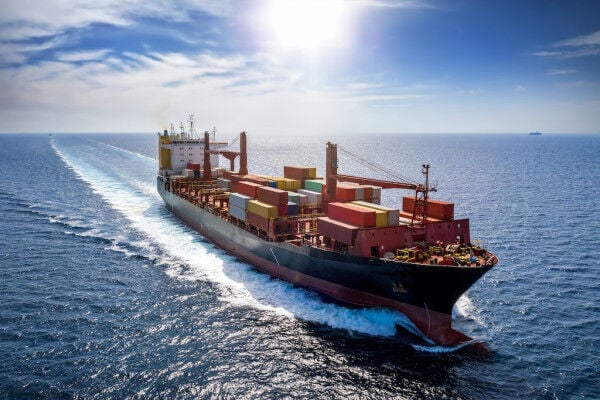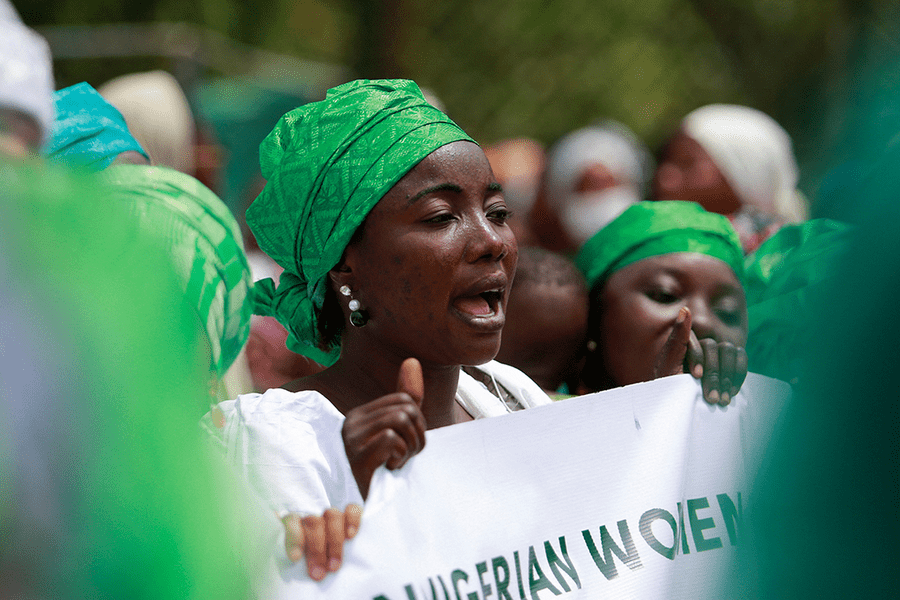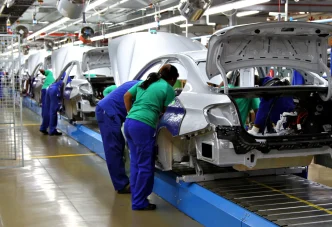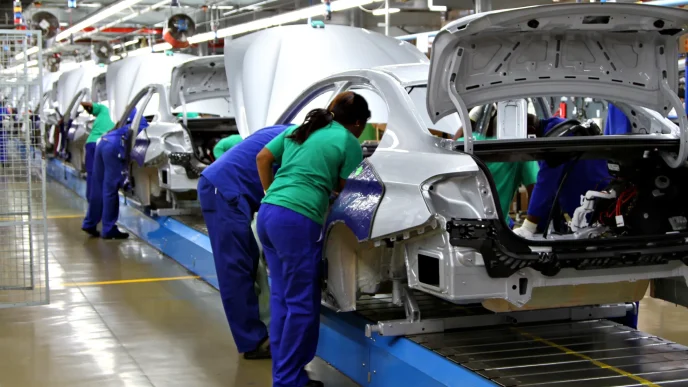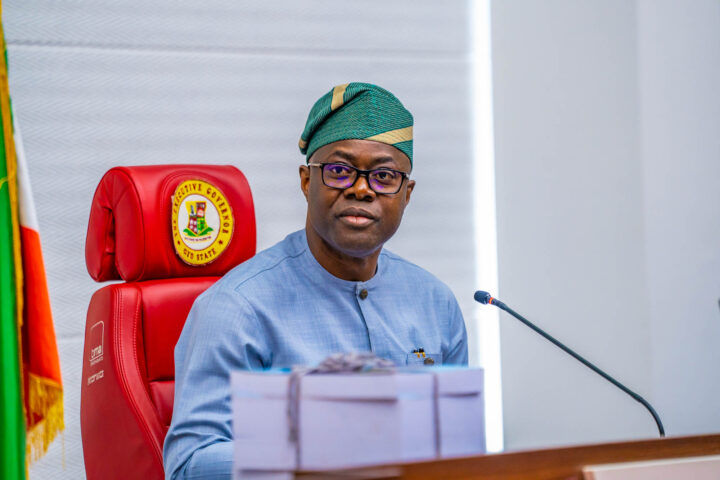BY MUNTASIR ADAMU KANAM
A Nigerian captain once told me something that stung. He was working on a vessel in our own waters. Every officer on board was foreign (the captain, the chief engineer, even the cook). The only Nigerians? Deckhands and stewards, paid peanuts. Our water. Our oilfields. Our cargo. Yet, we were passengers in our own economy.
That, in one sentence, is the tragedy of Nigeria’s economic history. We provide the labour, foreigners take the value. It was the colonial model, and somehow, we continued with it long after independence.
But reality eventually dawned: you can’t build a wealthy nation by outsourcing its backbone. That’s how the idea of “local content” was born, the attempt to deliberately put Nigerians at the centre of their own economy.
Advertisement
When Nigeria Said “Enough”
In 2003, the Cabotage Act arrived. It was Nigeria finally standing tall to say, “Coastal shipping is for Nigerians.” On paper, it was revolutionary. Only vessels built, owned, crewed, and registered in Nigeria could trade in our waters.
But here’s the Nigerian story: we passed the law, then created a loophole. Because local capacity was weak, we introduced waivers, meant to be temporary, so foreigners could still operate. Twenty years later, those “temporary” waivers are now the permanent reality.
Advertisement
To make matters worse, the Cabotage Vessel Financing Fund (CVFF), designed to help Nigerians acquire vessels, became a case study in government inertia. Billions of naira piled up in the fund, but not one kobo reached the intended shipowners for over two decades. Only now, with new reforms, are we beginning to see some seriousness.
Oil and Gas Changed the Game
The real breakthrough came with the Nigerian Oil and Gas Industry Content Development (NOGICD) Act of 2010. Suddenly, foreign oil companies could no longer play a monopoly. Nigerians had to be involved in procurement, fabrication, logistics, and marine services. That was how the Nigerian Content Development and Monitoring Board (NCDMB) came alive.
It worked. Nigerians started owning fabrication yards. Shipyards sprouted. Thousands of engineers, welders, and seafarers got trained. For once, we were no longer spectators.
Advertisement
The Petroleum Industry Act (PIA) of 2021 then raised the stakes, extending local content across the oil and gas value chain. It was no longer just about being part of the game. It was about creating real value (jobs, technology transfer, and industrialisation).
We have seen the difference
The impact is visible. Indigenous companies like Marine Platforms, Century Group, and Nigerdock are no longer small boys. Nigerian seafarers and engineers are getting better deals. Foreign firms are compelled to partner with locals. And the haemorrhage of foreign exchange has reduced. Money that used to fly out of Nigeria through vessel chartering and port services now stays here.
But let’s not kid ourselves. This is still far from a success story.
Advertisement
The Bottlenecks
Financing remains a nightmare. The CVFF is crawling at the speed of a tortoise. Shipyards are not where they should be. Agencies fight turf wars instead of working together. And the biggest embarrassment? Waivers. The same instrument we created as a stopgap is now the excuse for continued foreign dominance. Only in Nigeria does a temporary measure become permanent policy.
Advertisement
What Must Change
If we want to stop being a nation of fine laws and poor execution, we need to get serious:
Advertisement
-
Disburse the CVFF transparently and quickly.
-
End waiver abuse, set a deadline and stick to it.
Advertisement -
Harmonise agencies instead of duplicating functions.
-
Invest heavily in shipyards, maritime academies, and leasing companies through PPPs if necessary.
-
Consider a Maritime Content Development Fund, just like the oil sector has.
Lessons from others
South Korea was once poorer than Nigeria. But it invested deliberately in shipbuilding and is now a global giant. Brazil built industrial clusters around its oilfields using local content rules. Malaysia did the same. The lesson? Local content is not theory. It works if you mean business.
The Bottomline
Local content is not charity. It is not patriotism. It is survival. No country in the world has built prosperity by handing over its critical sectors to foreigners. Nigeria’s maritime sector is slowly changing, but the pace is still frustrating.
We have laid the foundation. The question is: do we have the discipline and the political will to finish the building? Or will we, as usual, pass bold laws, clap for ourselves, and then hand the industry back to foreigners through the back door?
Our waters should not just be highways for foreign-owned vessels. They should be engines of Nigerian jobs, Nigerian wealth, and Nigerian pride. Anything less is failure by another name.
Muntasir can be contacted via [email protected] and on X @muntaseeer
Views expressed by contributors are strictly personal and not of TheCable.
